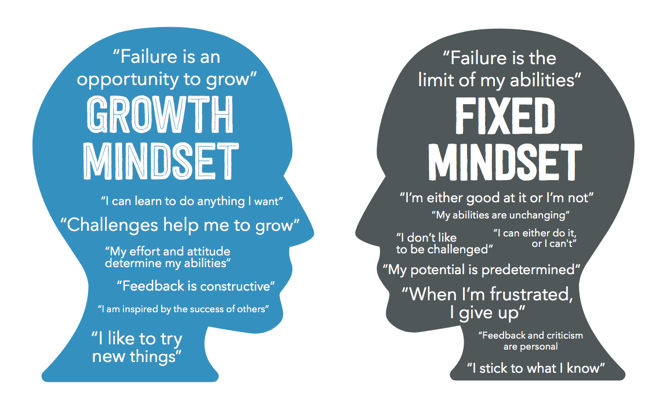Communication
Name 2 feelings and where you physically feel them in your body?
Answer will vary
Give an example of an "I" statement.
Answer will vary.
List two things that motivate you.
Answers will vary...
Name two things that do NOT define self-worth.
Answers may vary...
job, goals, to-do list, social media following, age, other people, grades, number of friends, relationship status, likes, hobbies, money
Can you help me please?
This is really tricky. Can I get your help?
I need help, please.
Can you show me how to do this please?
I'm getting frustrated. I need your help.
Can I get your help with this?
Could you please explain this to me?
Can you do me a favor?
I was hoping you could show me how to do this?
I could really use some help.
Would you mind showing me how to do this?
Is it possible for you to help me with this?
Name 2 healthy coping mechanisms.
Journaling, breathing, puzzles, art, music, pets, walk, dance, talk with somebody you trust, positive affirmations, exercise, fidgets, squeeze balls, counting, sing, yoga, make a gratitude list, scream into a pillow, use 5 senses, suck on a piece of candy/peppermint, read, etc...
What is nonverbal communication and give an example of it?
Nonverbal communication is the transfer of information through body language, facial expressions, gestures, created space and more.
Someone might cross their arms if they are feeling angry or nervous.
Reframe the negative thought "I can't do it!" into a positive thought.
Answer will vary...
I'm still learning.
I'll try again.
I did my best!
List 5 hobbies.
Answers will vary...
sports, art, baking, cooking, exercising/gym, sewing, etc..
What is self-discipline and one way to show self-discipline.
Self discipline is the ability to control one's feelings and overcome one's weaknesses and/or the ability to pursue what one thinks is right despite temptations to abandon it.
Examples: Diet/eating healthy, showering, sleeping, brushing teeth night/morning, etc..
Name two unhealthy coping mechanisms.
What is a personal boundary?
Personal boundaries are the limits and rules we set for ourselves within relationships. A person with healthy boundaries can say “no” to others when they want to, but they are also comfortable opening themselves up to intimacy and close relationships.
Give one example of a positive thought and one example of a negative thought.
Answers will vary...
Negative: I'm bad at everything.
Positive: I am a very caring and thoughtful person.
What does it mean to be open minded?
Open-mindedness is the willingness to search actively for evidence against one's favored beliefs, plans, or goals, and to weigh such evidence fairly when it is available.
Name 2 things in our control and 2 things out of our control.
Answers will vary...

What is a cognitive distortion?
Cognitive distortions are internal mental filters or biases that increase our misery, fuel our anxiety, and make us feel bad about ourselves.
Use assertive communication to respond to this request:
"I know you have plans for the weekend, but I really need you to watch the kids. I have a friend coming to town, and we made plans."
Answer will vary....
"I won't be able to watch the kids for you this weekend. I too have already made plans that I would like to follow through with them."
How can you improve positive thinking?
Mindfulness, positive self-talk/affirmations, notice thoughts, gratitude journal
List three things that show self-love/self-care.
Answers will vary...
- Keep a Gratitude journal, talk to yourself as you would with a friend, practice mindfulness, celebrate the small wins, limit time on social media, go for a walk, bath, exercise, etc..
Why is letting go important?
Letting go is important because when you’re holding on to something that isn’t working or you’re in a place in your life that disrupts your happiness, you are essentially halting good things from entering your life.
Explain the CBT triangle.
CBT triangle explains how thoughts, emotions, and behaviors affect one another.
What does the acronym SMART goal stand for?
S-specific
M-measurable
A-achievable
R-realistic
T-time
Give two examples of a fixed mindset and then turn it into a growth mindset.

What is self-awareness?
"Self-awareness is the ability to focus on yourself and how your actions, thoughts, or emotions do or don't align with your internal standards. If you're highly self-aware, you can objectively evaluate yourself, manage your emotions, align your behavior with your values, and understand correctly how others perceive you."